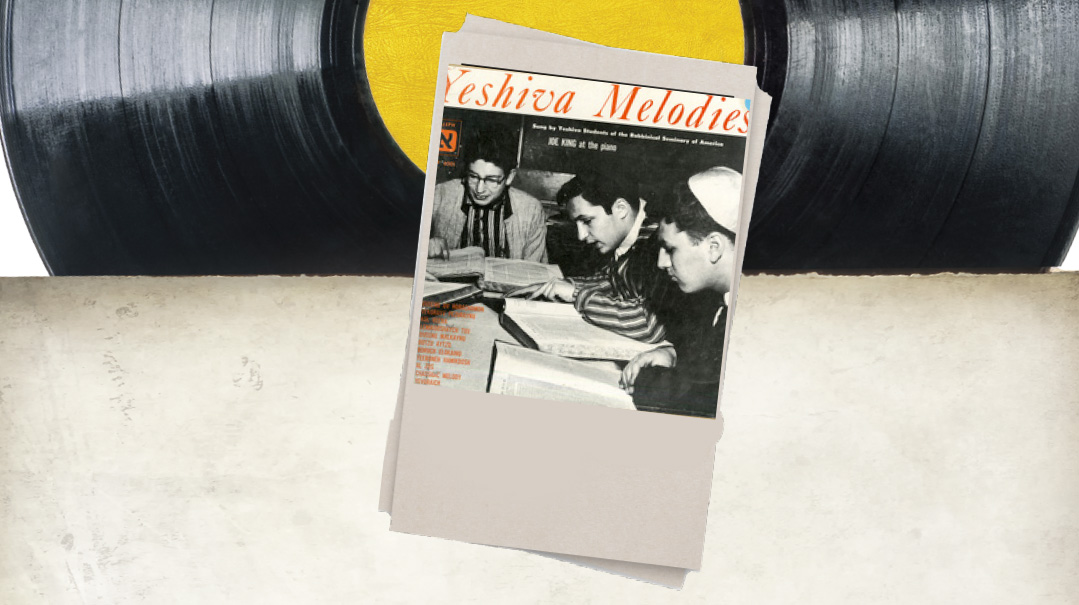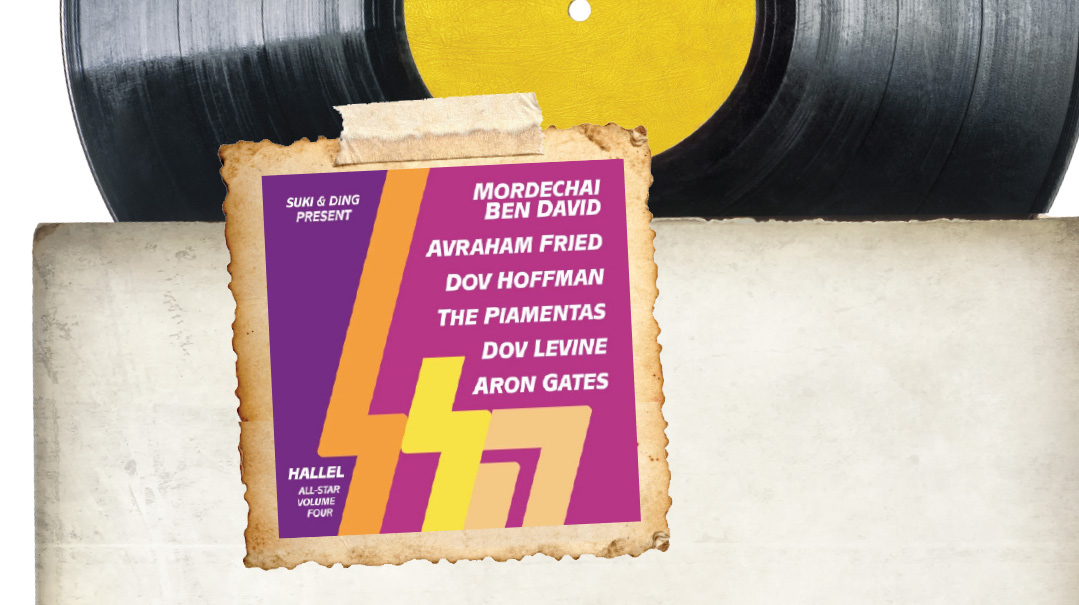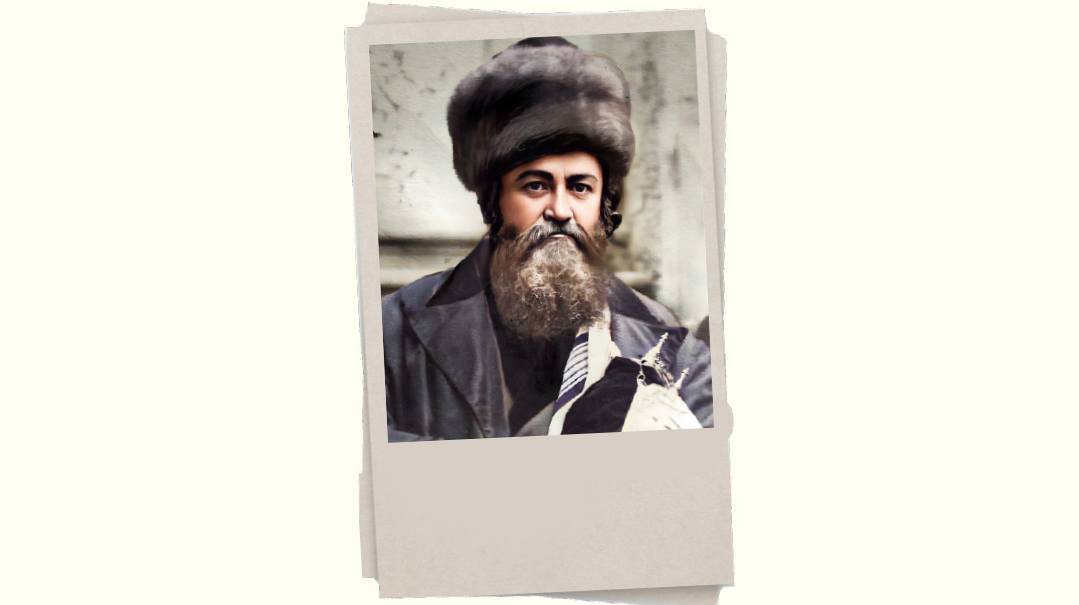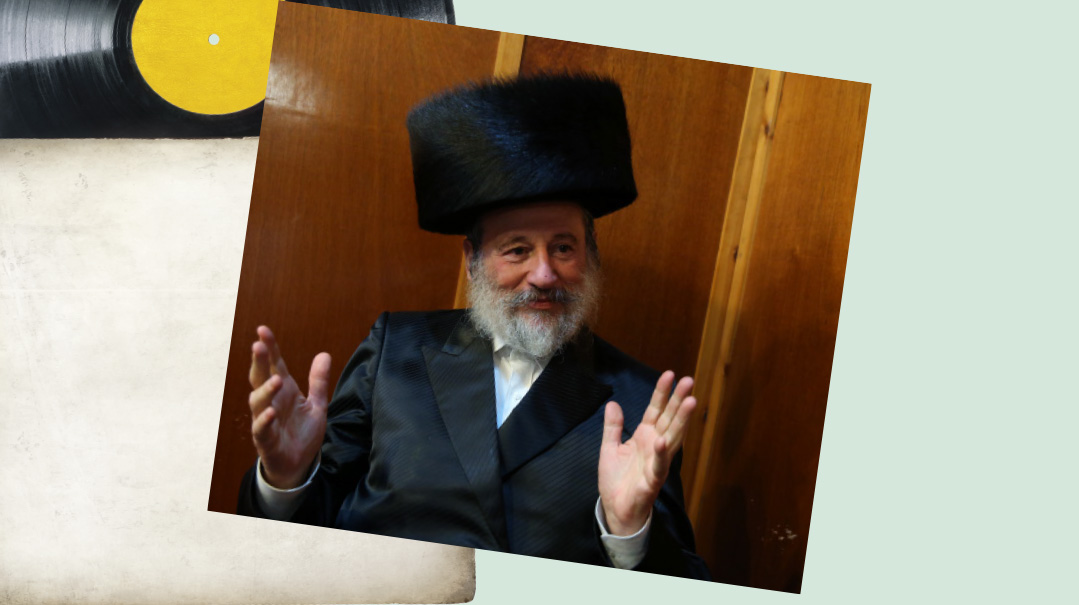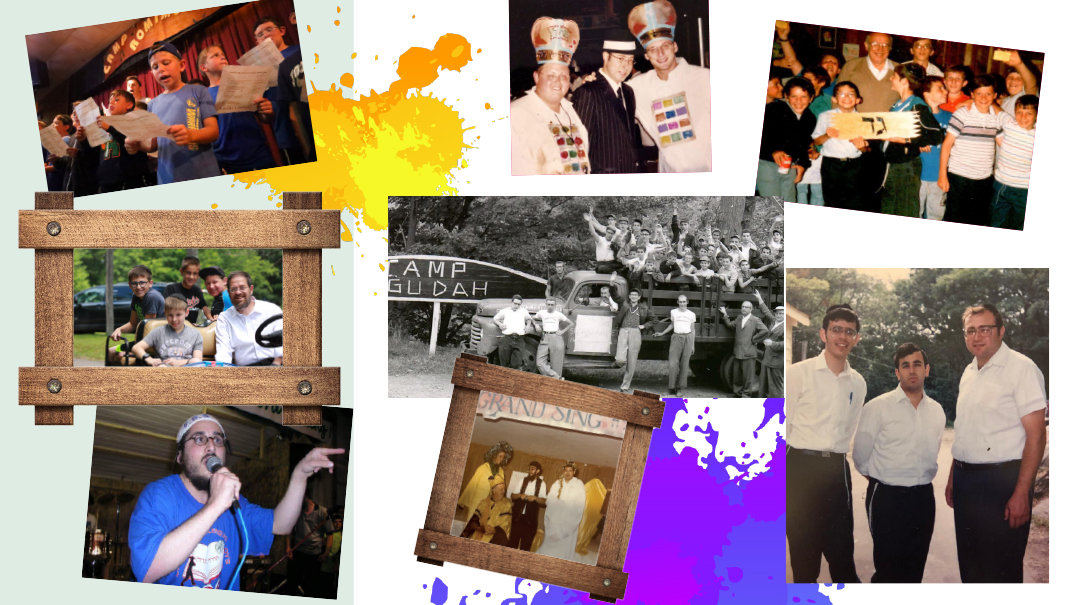Only Simchahs!

Veteran producer Dovid Nachman Golding hosts a walk down musical memory lane

One thing has remained constant through an ever-evolving music industry: Wedding season is when music has always taken center stage — whether it was four musicians (including an accordion player) at the Aperion Manor in Flatbush, a 30-piece orchestra at Terrace on the Park, a one-man-band at Lake Terrace, or the more recent DJ at a New Jersey shul.
No one has been more entrenched in the decades-old Jewish music landscape than Yisroel Lamm, who, beginning with his Neginah Orchestra more than 50 years ago, has been at the forefront of the Jewish wedding scene since. I asked him what he misses the most from bygone days. For Yisroel, that’s a no-brainer: “Softer music.”
He says that back in the day, the only amplification he would bring to a wedding was his set of two small handheld speakers. I’m sure he’s not the only one who misses those quieter times, when you could actually talk to the person sitting next to you and no one needed to bring earplugs.
When I ask my partner Suki Berry about the ever-changing music world, he comments that although the music today has become much more professional, he misses the audience participation of the people singing along.
Perhaps that has to do with what master keyboardist Tzvi Rada sees as the game changer: the iPad. Every musician is equipped with one in order to perfectly follow the scores, so that the music should be flawless. But that also means there’s no spontaneity or personal touch.
That’s because, as everyone is meticulously following the same notes and lyrics scrolling across the screen, there’s no room for any type of improvisation, extending a solo or repeating a chorus — as the lyrics on the iPad will no longer be in the right spot. In addition, the device is generally planted right in the line of vision between the performer and the audience, which can inhibit the connection so vital to the success of the live performance.
Shabsi Parness, the originator of the one-man band, says that the main difference is that in the earlier days, the music was so much more spontaneous — the guests could feel the warmth emanating from the band. Some of the musicians of the earlier era couldn’t even read notes, but their playing was unparalleled. Stanley Miller would be singing and jumping for hours straight as he played the flute. Yossi Piamenta a”h would get so into his solos that he’d be playing the guitar behind his back. Yehuda Spinner would not stop dancing, even as he played his clarinet. (Today, trombone player Danny Flamm goes into the crowd and plays at the side of the chassan.)
Shabsi told me that many years ago, at the wedding of Rav Avrohom Pam’s grandson, Rav Pam ztz”l came over to Shabsi, thanked him so much for playing, and instructed him that before he began any wedding, he should have in mind the mitzvah of being mesameiach the chassan and kallah. To this day, he has that kavanah at every single wedding he performs.
Rav Shneur Kotler ztz”l always made a point of going over to thank the band at the end of each wedding for providing so much simchah for the chassan and kallah. Shelly Lang says he would always wait for this special moment — it always meant so much to him. In fact, a few weeks after Rav Shneur was niftar, Shelly had a son whom he named Shneur Simchah.
Rav Nosson Wachtfogel ztz”l, the mashgiach of Lakewood, was known for his great yearning for Mashiach. That was why his favorite song at every wedding was “Achakeh Lo.” I’ve heard from many people that when his phone rang, he would sometimes say, “Ah, that must be him.”
When he entered a wedding, instead of the standard “Yamim al Yemei Melech” that’s usually played for an adam gadol, the band would immediately switch to “Achakeh Lo,” while the Mashgiach would dance, often alone, in the center of the circle, pleading with every part of his body and soul that Hashem send Mashiach.
It’s amazing that Rav Moshe Feinstein ztz”l, as busy as he was, never turned down an opportunity to be mesameiach a chassan and kallah — and sometimes that could mean three weddings in one night! I remember at my brother Yosef Chaim’s wedding, after my brother broke the glass, the gadal hador leaned over and gave my brother a kiss.
It just so happens that, as readers will be seeing these words about bringing joy to a new couple, I’ll be standing under the chuppah with my own daughter Miryam and her chassan, Yossi Chanowitz. And, regarding all of us who will be attending weddings during this season, let us remember that it’s all about bringing simchah to the chassan and kallah, no matter what type of music is playing. And don’t forget your earplugs.
(Originally featured in Mishpacha, Issue 1016)
Oops! We could not locate your form.

